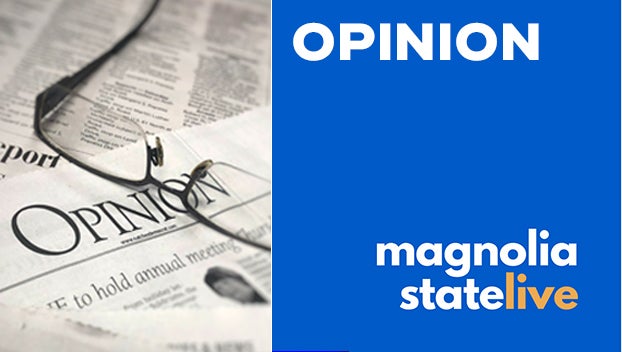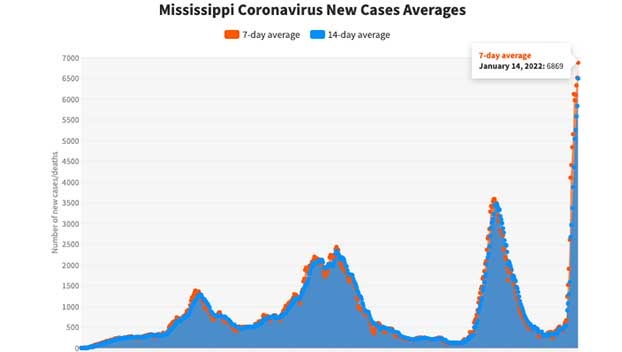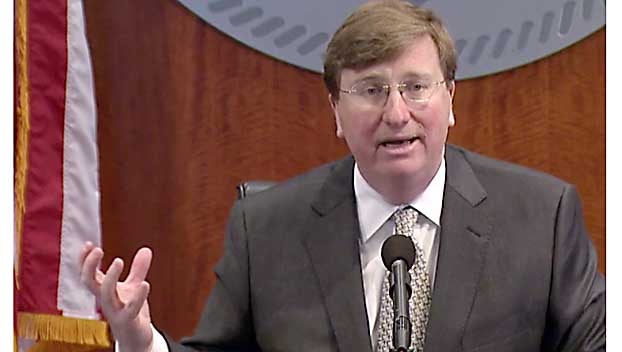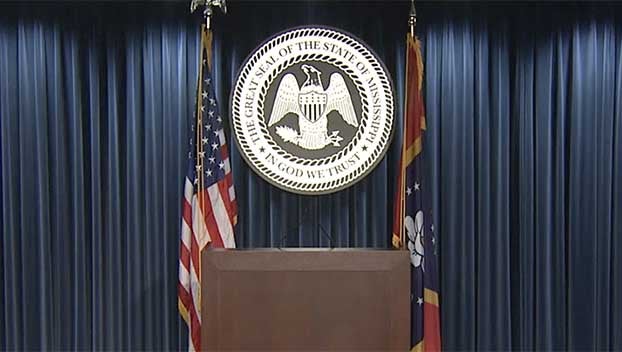You probably know several women who have been sexually harassed or assaulted. (Just check your Facebook feed.)
Published 5:51 am Wednesday, October 18, 2017
There’s an apartment complex in Oxford I avoid because I can’t drive by without remembering the night a college ex-boyfriend chased me down the stairs of his building and into the parking lot, slamming his body on the hood of my car as I frantically tried to leave.
An argument about not returning his calls had escalated into furious accusations and a startling admission that he knew where I was earlier that night—eating dinner at a friend’s house—because he was parked outside watching me through the patio door. I reminded him that how I spend my time was no longer his concern.
Then came the explosion.
I haven’t discussed that night since it happened, in part because I managed to escape whatever awaited me at the end of his short fuse, which makes me lucky as hell. Another reason is there aren’t many forums in which victims of abuse, harassment and assault feel comfortable and empowered to talk about their experiences as part of a broader conversation with the general public without the fear of how those stories will be received.
In the aftermath of Harvey Weinstein’s swift downfall resulting from a slew of disturbing sexual harassment and assault allegations and the culture of silence that protected him, a movement gained momentum on Facebook and Twitter based on two simple, powerful words: Me, too.
Feeds quickly flooded with personal posts, mostly from women, as a way to share their own experiences with sexual harassment or assault. Some shared heartbreaking and infuriating stories. Others simply stuck with #MeToo, which proved to be just as powerful.
My heart aches every time another familiar name pops up in one of my feeds with a #MeToo status. We know the statistics. We know how prevalent it is. We know sexual harassment and assault aren’t openly discussed. Yet, by Monday afternoon, it was easier to count the number of women in my network who hadn’t shared a #MeToo status than those who had, and I was both greatly inspired and discouraged by how many of us shared similar experiences.
So many of us.
The power of #MeToo reaches far beyond the sheer number of people who’ve come forward with their stories. It transforms sexual assault from a sheet of staggering statistics into real people with real stories. It’s one thing to grasp the statistical significance that 1 in 5 women will be raped at some point in their lives. It’s something else entirely to see women you know—friends, family members, colleagues, neighbors and so many others—decide to stand up and say, “I’m one of us.”
A former boyfriend raped me when I was 19 years old. He was drunk. I was stone-cold sober and unable to fight back. Though short-lived, the damage of that relationship was significant and negatively impacted my life for years. I refused to acknowledge I had been sexually and physically abused since it was my boyfriend who did the assaulting and not a predator in a parking garage or a stranger with a date-rape drug. Deep down, I feared being blamed for staying in a relationship with someone like that. So the secret remained safe for more than a decade.
My story isn’t unique. If anything, it pales in comparison to many of the unspeakable horrors I’ve read this week. But it’s mine, and whether I choose to share it or keep it for myself is a decision I get to make. And that is ultimately what the #MeToo campaign has brought to the surface—an opportunity for people who’ve been sexually harassed or assaulted to own their stories and demand accountability in combating abuse.
These voices are important. These voices are necessary. And they serve as a critical reminder that sexual assault can happen anywhere, to anyone.
Here, too.
Us, too.





